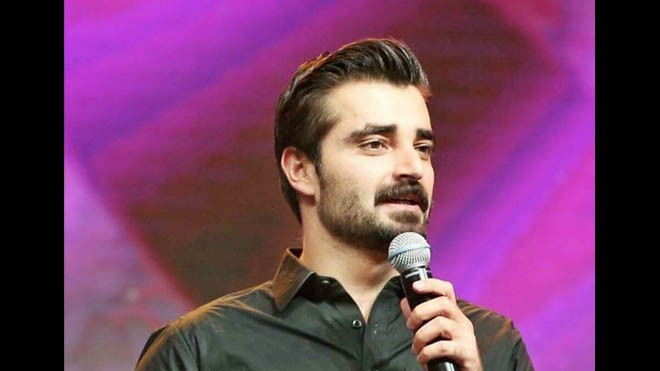

Before violence is physically manifested, it occurs in the imagination. It is reflected in thought and language. It fills the perpetrators, as well as those who eventually condone it, with a heady feeling that a line has been crossed, a wrong committed, which must be set right. And this stage, where violence is imagined, is perhaps the only stage where it can be effectively stopped without causing or condoning more violence.
This is why discourse matters.
PEMRA and most of Pakistan raged over Hamza Ali Abbasi and his intention of discussing the treatment of, and violence against, Ahmadis in Pakistan. While another channel and cleric found it their duty to invite violence, Pemra’s solution to this problem was disturbing in its own right. While deciding to be a regulator, Pemra first imposed a prohibition on the tv channel and hosts of the programme in question while following it up with a similar prohibition for Abbasi’s programme. As social media erupted, the violence in Pakistan’s imagination became clear. People who call themselves respectful of sanctity of human life (this refers to almost the entire population) started throwing up "but". "I respect differences and everyone’s right to live but…". And so it showed.
Abbasi had not revealed whatever he was going to advocate so we do not know the content of the discussion he planned. But killing it off was vital. A mere hint that he wanted to discuss the treatment meted out to Ahmadis meant that Pakistan, and Pemra, wanted to kill any conversation before it began. As things stand, Pemra has asked both television stations in question to apologise. But why should Abbasi’s employer apologise? He advocated no violence, no rebellion, no violation of any law. Yet Pemra’s Council of Complaints determined that the sentiments of the public had been hurt. But by what? By pointing to the fact that an apartheid exists in Pakistan and is legitimised through violence in thought and action?
It does not matter where you stand on the Ahmadi question but the fact that most of the viewing public did not even want to hear any argument about the plight of a community is revealing. These are the same people who then look for justifications in this or that every time there is physical violence against minorities. "Yeah unfortunate but they should not say that in the first place." And then just like patriarchy blames women for the violence they bring upon themselves, the majority blames the minority in Pakistan.
Why does it hurt a Pakistani Muslim to hear that another human being in his country is suffering because of his faith? How is that reasoning different from that of the racist bigots in Europe and USA who stereotype Muslims? It is not and Pakistani Muslims must confront themselves about this.
Questions of identity are complex and they often lead people to demand that elements which make them distinct should be recognised. But here we are going a step further. We are not just denying those we deem "outsiders" the chance to voice their grievance.
We are telling other constitutionally deemed Muslims that they cannot speak for the rights of others -- allegedly since even hearing another’s grievance hurts us. This hurt does not occur because we feel bad for those who are being killed. The reason behind "our" hurt is that we are made to feel bad about ourselves. So, in essence, Pemra and Pakistan want to be on a feel-good high where no can kill their buzz. Rumour is that some countries allow you to smoke stuff that can lead to a similar buzz, although the substance in question is not known to make you violent.
Pemra gags speech, acts out of fear and routinely follows policies that legitimise violence. Pemra is a symbol of everything that is wrong with free speech in this country. If your state regulator’s idea of free speech is that no one should be offended then maybe we should all be sucking thumbs instead of talking. But then that gesture might offend some too. This reductionist discourse then leaves it a matter of time before physical violence is perpetrated. And this will not change anytime soon. So be prepared to count off many more protests on social media. Yes, even "aik qaum ho ker waada" will not change that next 14th August or 23rd March.
A meaningful existence in today’s Pakistan is therefore extremely difficult. You have to constantly insult your own intelligence -- on a daily basis -- to ensure that you do not offend those who cannot tolerate offence. And those who stand up for their rights are dubbed fools.
This gagging of speech is violence itself. The first step in this violence is abuse but if that does not do the trick then other measures become necessary. The state of Pakistan remains weak and cowering. It may not be effective at checking bullies and those who perpetrate murder, but it is ever ready to gag your speech if you condemn injustice. It will tell you that this is for your own good, that this will hurt sentiments of the nation. And it will slowly suck the life out of your ideals till you look just like Pakistan -- cowering before violent bullies and begging others not to speak up because the bullies will get annoyed.
You can either protect the sentiments of others or the dignity of your own person. And in a few years you may not even realise what you have become. But some day it will come back to haunt us -- it all started with violence in thought. Before blood spilled into the streets, we imagined it that way and did nothing to stop it.